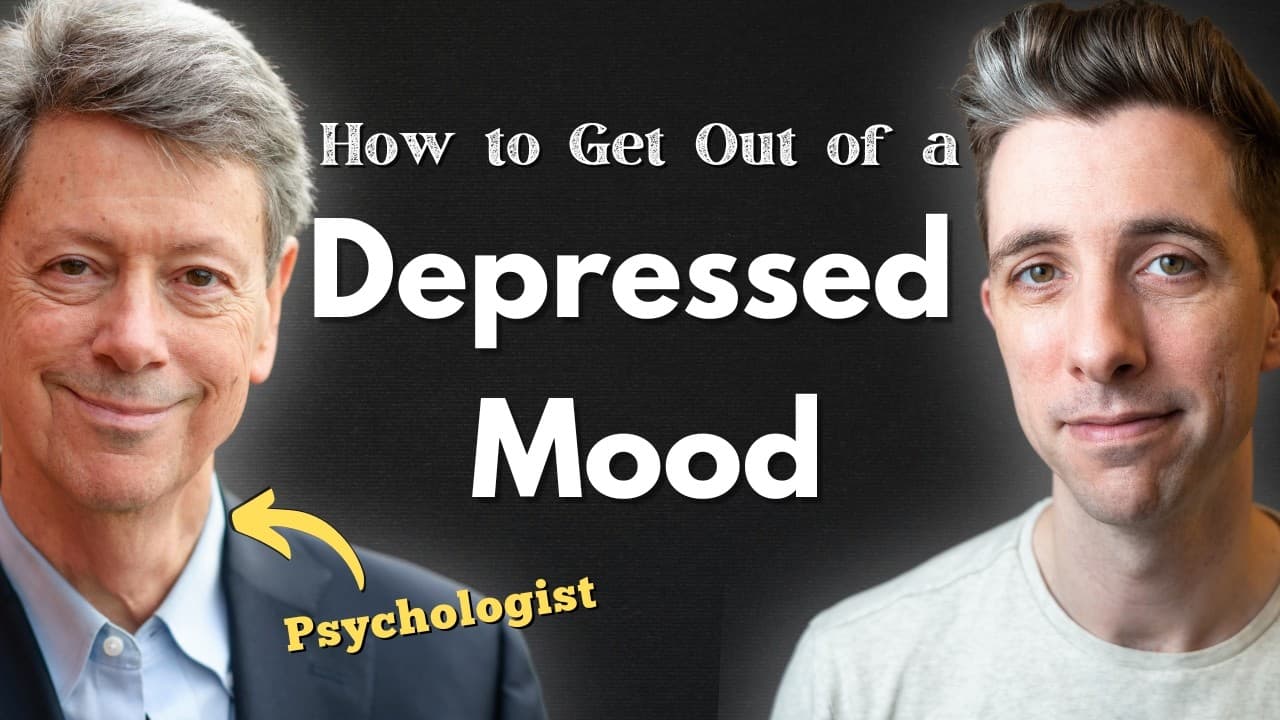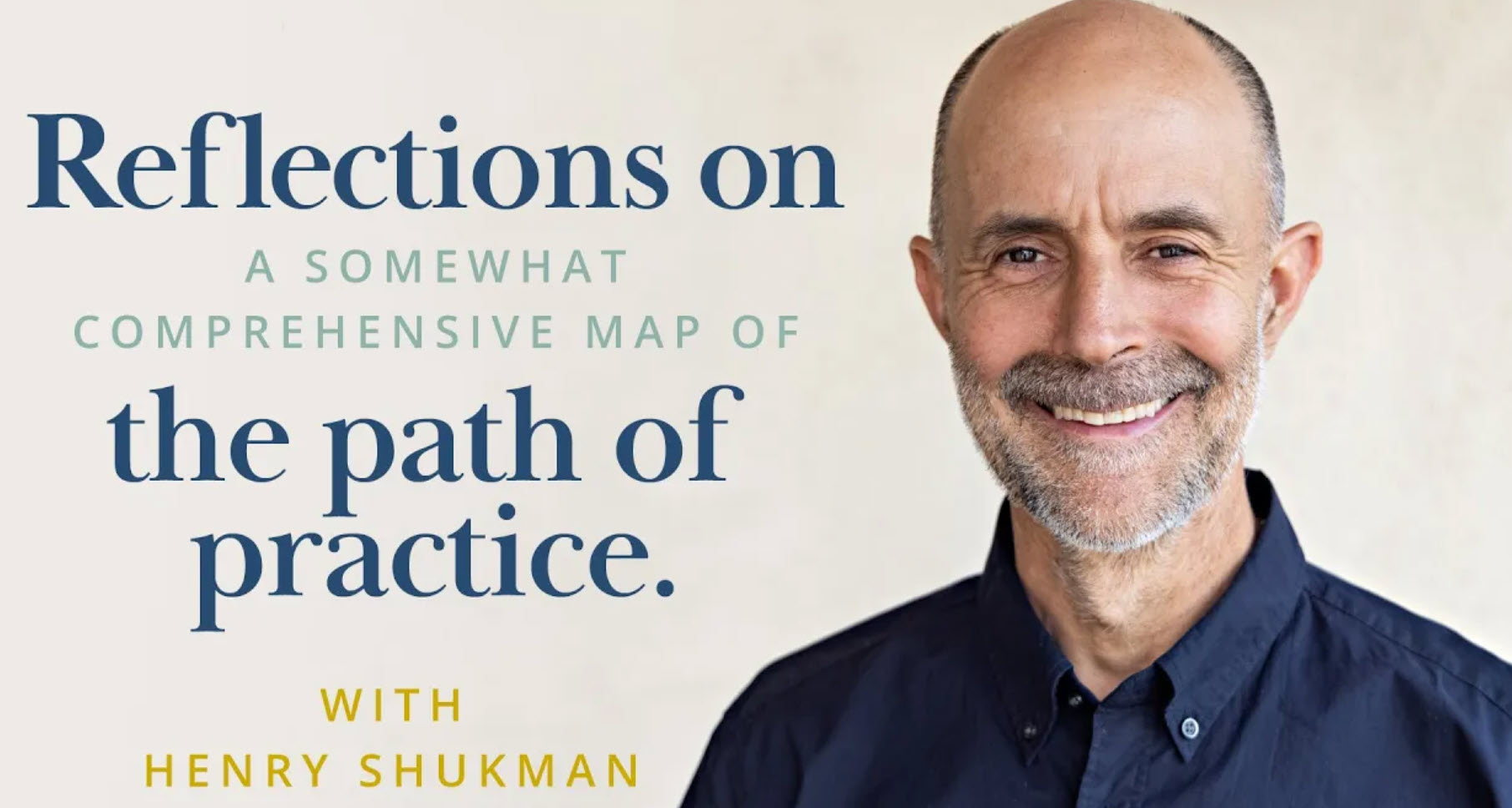Feeling safer is a tricky subject, with complications that can be both personal and political.
(This topic and others are explored in depth in my interview with New Dimensions.)
Yes, there are real threats out there, but evolution and other factors have left a lot of us walking around in a kind of paranoid trance. I’ve been there myself, and the results include feeling less peaceful and hopeful, and more worried and cranky, than is right.
So I hope you find this post helpful.
Is There Really a Tiger in Those Bushes?
Consider these two mistakes:
1. You think there’s a tiger in the bushes, but actually there isn’t one.
2. You think no tiger is in the bushes, but actually one is about to pounce.
Most of us make the first error much more often than the second one, because:
· Evolution has given us a paranoid brain. In order to survive and pass on genes, it’s better to make the first mistake a hundred times rather than make the second mistake even once; the cost of the first mistake is fear for no reason, but the cost of the second mistake is death.
· Saturated with media, we get keyed up about murders, disasters, economic turmoil, horrible things happening to other people, etc. – even though our own local situation is usually much less dangerous.
· In ways that have been repeated throughout history, some political groups and even governments try to make the public more compliant by exaggerating the threat of apparent enemies.
· As a child, you were stuck with certain family members or peers, and had little power and limited coping abilities. Naturally, a person develops expectations and anxieties based on that history – even though today, you have much more freedom to find the people you want to be with, much more say over what happens to you, and many more ways to deal with tough situations.
Dealing with the Real Tigers
Certainly, it is extremely important to recognize the real tigers in your life.
They come in many shapes and sizes: perhaps an impending layoff at work, a cough that won’t go away, a spouse who might yell at or even hit you, a crime-filled neighborhood, a teenager growing pot in the attic, a friend or co-worker who keeps letting you down, or the health risks of smoking cigarettes.
Try to notice any tendencies to overlook or minimize tigers, and do what you can about the ones that truly exist.
Seeing through the Paranoid Trance
Meanwhile, try to recognize the ways that you – like most people – routinely overestimate the threats coming at you while underestimating the resources inside you and around you.
In effect, most of us feel much less safe than is right.
The unfortunate results include: unpleasant feelings of apprehension, worry, and anxiety; a hunkering down and failure to reach as high and wide as one might; stress-related illnesses; less inclination to be patient or generous with others; and an increased tendency to be snappish or angry (the engine of most aggression is fear).
It’s enormously costly to feel like it’s always Threat Level Orange!
How to Feel Safer (As Safe As You Reasonably Can)
Some people get understandably nervous about feeling safer – since that’s when you lower your guard, and things can really smack you. So be careful with the suggestions here, go at your own pace, and perhaps talk with a friend or counselor.
Further, there is no perfect safety in this life. Each one of us will face disease, old age, and death, as well as lesser but still painful experiences. And many of us – an “us” that includes every person in the world – must deal with unsafe conditions in the community, workplace, or home.
This said, consider in your heart of hearts whether you deserve to feel safer: whether you are more braced against life, more guarded, more cautious, more anxious, more frozen, more appeasing, more rigid, or more prickly than you rightfully ought to be.
If the answer is yes, here are some ways to help yourself feel gradually safer, so that your inner reality of calm and confidence matches the true reality of the people and settings around you.
First, take a quiet moment in a protected setting – perhaps while cozy in bed, in a church or temple, under a tree, or with a friend – to explore anxiety and safety. Notice if you feel more watchful, more nervous deep down than you truly need to be.
And then bring to mind the sense of being with someone who cares about you; recall a time you felt strong; recognize that you are in a protected setting; mentally list some of the resources inside and around you that you could draw on to deal with what life throws you; take a few breaths with l-o-n-g exhalations and relax. All the while, keep helping yourself feel more sheltered, more supported, more capable, and safer. And less vigilant, tense, or fearful.
Become more aware of what it’s like to feel safer, and let those good feelings sink into you, so you can remember them in your body and find your way back to them in the future.
Second, in daily life, look for legitimate opportunities to feel safer. Use some of the methods just above – such as the sense of being with someone who loves you, or the recognition of your resources – to help yourself feel at least a little safer, and maybe a lot.
Then see what happens. And take it in, again and again, if in fact, as they usually do, things turn out alright!
And there is really no tiger in the bushes after all.
***
This post is from my free newsletter, Just One Thing, which offers a simple practice each week to bring you more happiness, love, and wisdom. Over time, just one thing can add up to big results! You can subscribe if you like; I’ll never share your email address, and you can unsubscribe any time.



